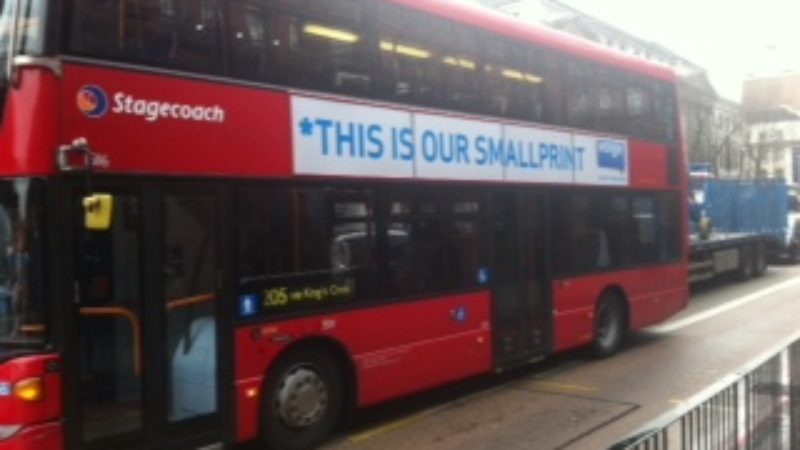
While the element of Barbara Castle’s career that has made it onto the silver screen was the portrayal of her as Employment Minister in the film ‘Made in Dagenham’, her role a great reforming Labour Transport Minister (arguably the last) is one that I believe sorely needs reprising.
The enduring principle at the heart of the 1968 Transport Act in creating Passenger Transport Authorities in the big Metropolitan areas outside London was to put transport in the hands of powerful locally-accountable and strategic bodies able to take an integrated approach to delivering a network.
Since the birth of those authorities in the 60s and 70s this approach has proven successful delivering capital investment through schemes like Manchester’s Metrolink and Tyne and Wear’s Metro as well as positive innovation such as the guided busways and Yellow school buses in my own area of West Yorkshire. There are also good examples of locally-defined and managed rail services such as Merseyrail and London’s Overgound that demonstrate success outside the national rail framework.
Times have certainly changed and the challenges have too but the need to support wider public policy objectives of economic growth and dealing with unemployment through strong and successful transport networks remains. I recently spent a morning ‘back to the floor’ in Metro with our staff on the MetroLine call centre and among the timetable enquires, concessionary pass renewals and complaints about missing services was a steady stream of people checking whether a bus or train service would enable them to accept a job offer.
This was just a small demonstration of a wider role in economic development and tackling unemployment that getting transport right can play alongside education and skills training and encouraging trade and exports,. West Yorkshire’s five local councils are coming together to work jointly on this agenda as part of the recent ‘city deal’, initially achieving a degree of devolution from the government with a clear focus on economic growth.
Focusing on local delivery is the challenge to be faced and setting transport policy in a wider context is a good starting point.. I would argue that for Maria Eagle to be a successful and reforming Labour Secretary of State for Transport, party policy needs to embrace the following principles:
Devolution: Real decision making on network planning and investment should be made at an appropriate local level with funding devolved alongside responsibilities. While the national government clearly has a role in strategic networks and plans, transport decisions on commuting routes, regional links and supporting economic development and growth are better made not by London-based civil-servants but by local councils or consortia of councils to meet their needs.
Integration: The ability to deliver common-sense transport initiatives such as integrated ticketing (like Oyster cards) is vital to make transport simple, attract more passengers and release the full value of capital investment. However, in the current complex web of fractured delivery this is nigh on impossible outside a regulated and integrated environment. Greater powers for local transport authorities to specify the outcomes of local networks rather than just loosely co-ordinate them are the key.
Value for Money: Passengers often don’t feel they get value for money and many consider there is a lack of accountability and transparency in both the concentrated markets with a lack of competition on many de-regulated bus routes and nationally-managed rail franchises driven by centralised DfT decision making. Public transport will always need public subsidy to achieve an inclusive network and for investment in new developments and in the current fiscal climate the absolute best use of scarce public money must be guaranteed. Policy tools for devolution and integration must come with the ability to test value for money, whether through competitive tendering or economic regulation.
These principles are guiding our work in West Yorkshire, whether considering a Bus Quality Contract scheme under the 2008 Transport Act to get the public a better offer assessed against defined tests, working with West Yorkshire councils to secure a Transport Investment fund to deliver projects to fuel growth or taking a pan-north of England approach to devolved rail franchising giving us greater influence over local rail services. We can’t wait until after the 2015 election to get on with these schemes as the impetus is there now; what I hope from the next Labour government in a genuine support in delivering.
The creation of Transport policy may never make cinema box-office success but that’s no reason not to get it right. I hope the next Labour government can be truly reformist as getting transport right is a key to rebalancing and growing invigorating the economy.




More from LabourList
A year in power: The cabinet on their proudest wins and favourite moments
Southwark leader race ‘to be re-run over rule breach claims’ as left-winger wins
Welfare vote: ‘Three options Rachel Reeves has to plug the fiscal gap’